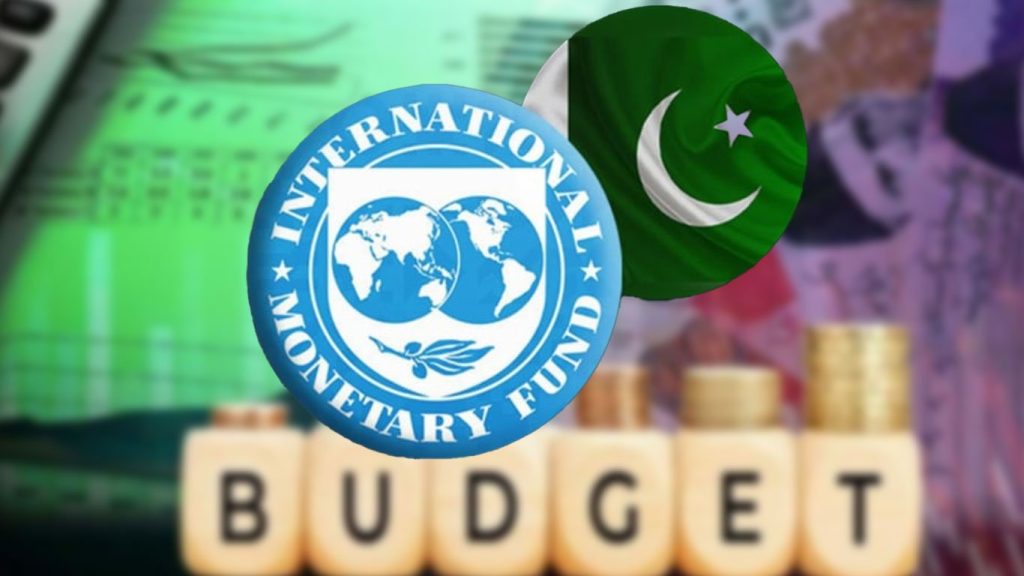IMF Demands Accurate Data Use and Wider Tax Net in Pakistan’s Budget has become one of today’s most-searched economic stories, as the global lender pushes Islamabad to fix structural flaws in its tax system.
The visiting IMF technical mission held talks with the government. It stressed the need for accurate data use during budget preparation. It also demanded a wider tax net and full audits of supplementary grants.
Trending keywords include IMF Pakistan, tax reforms, budget preparation, and Pakistan economy.
IMF Technical Report Expected in January
The IMF will release its technical report on Pakistan’s budget process in January. Early details from the lender point to massive national losses caused by tax evasion. The report highlights weak enforcement and large gaps in tax compliance.
According to the IMF findings, corruption, tax evasion, hidden income, and complex tax laws are major reasons for low revenue collection. The lender has demanded the government expand the number of registered taxpayers to at least 15 million.
IMF Seeks End to Exemptions and Fake Invoicing
The IMF called for strict action against fake invoices and fraudulent tax refunds. It also urged the government to end sector-specific exemptions and special tax privileges. These loopholes, it said, fuel massive revenue losses
every year.
Read More: US Report Confirms Pakistan’s Military Superiority Over India in May Clash
The IMF exposed serious weaknesses in Pakistan’s tax system. It noted that the actual number of registered taxpayers is far lower than official estimates. The report states that only around 5 million taxpayers are truly active, despite government claims of higher figures.
It also revealed that 43 percent of the 5.9 million recent filers declared zero income.
The IMF said Pakistan’s tax-to-GDP ratio has remained around 10 percent for the last five years. Many filers hide their real income, while non-genuine taxpayers enter the system without contributing revenue.
Massive Fiscal Losses Caused by Tax Evasion
The lender estimated that tax evasion alone causes a fiscal loss of 3.4 trillion rupees, equal to 3.9 percent of GDP. Excessive SRO-based exemptions have made the tax regime even more complex. In 2024, authorities issued 168 such SROs.
Read More: Musadik Malik Warns Pakistan of Unprecedented Climate Devastation
Weak Oversight and Expanding Informal Economy
The IMF report highlighted major weaknesses inside the FBR. It pointed to weak accountability, unchecked corruption, and a lack of legal action in cases involving wrongdoing.
The rapid expansion of the informal economy has worsened losses for the national treasury. Internal controls in the refund system also remain weak.
The global lender urged Pakistan to immediately end tax exemptions across sectors. It said full documentation of the economy is essential. The government must ensure complete business registration, block fake invoices, verify data more aggressively, and introduce a long-term tax policy.


